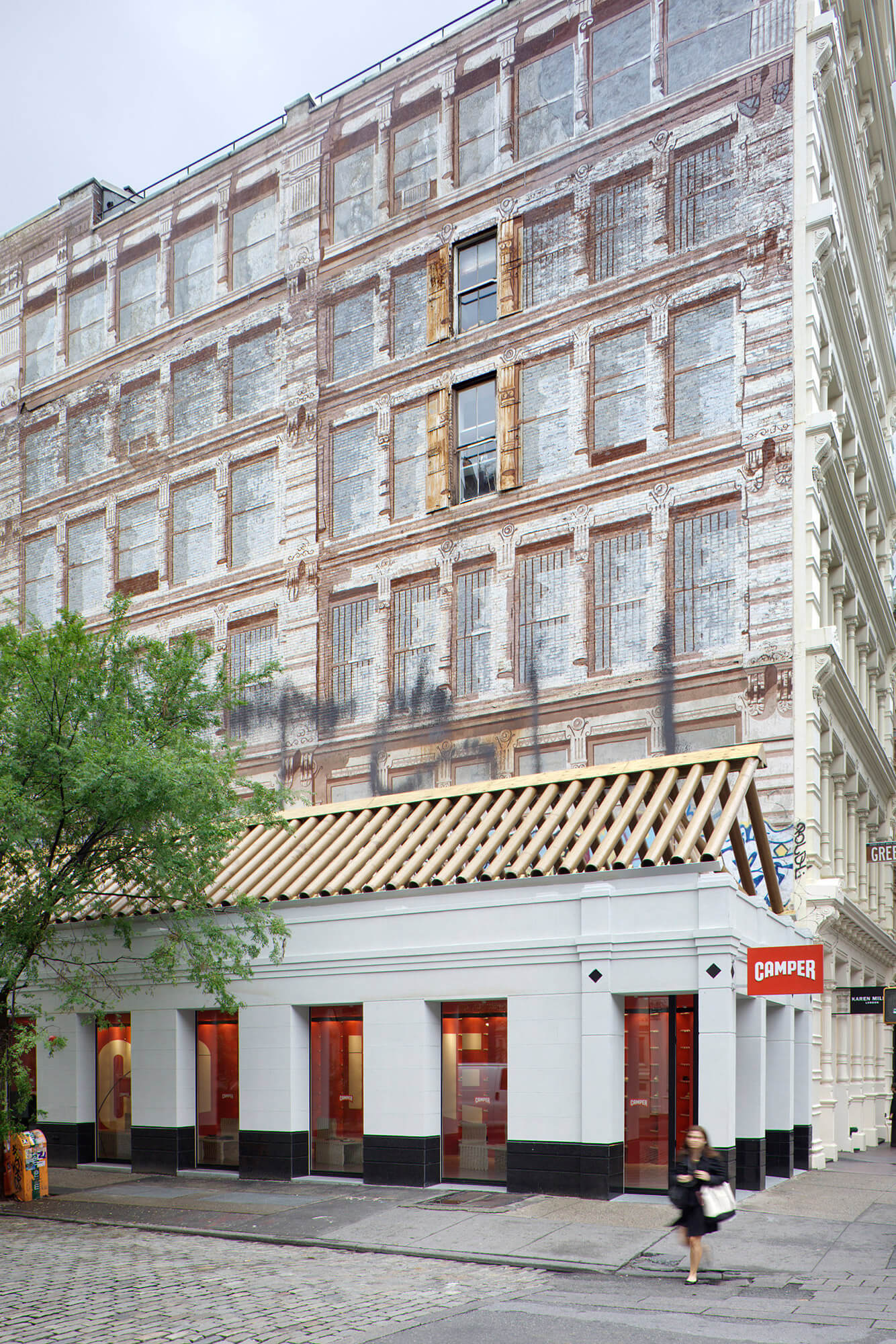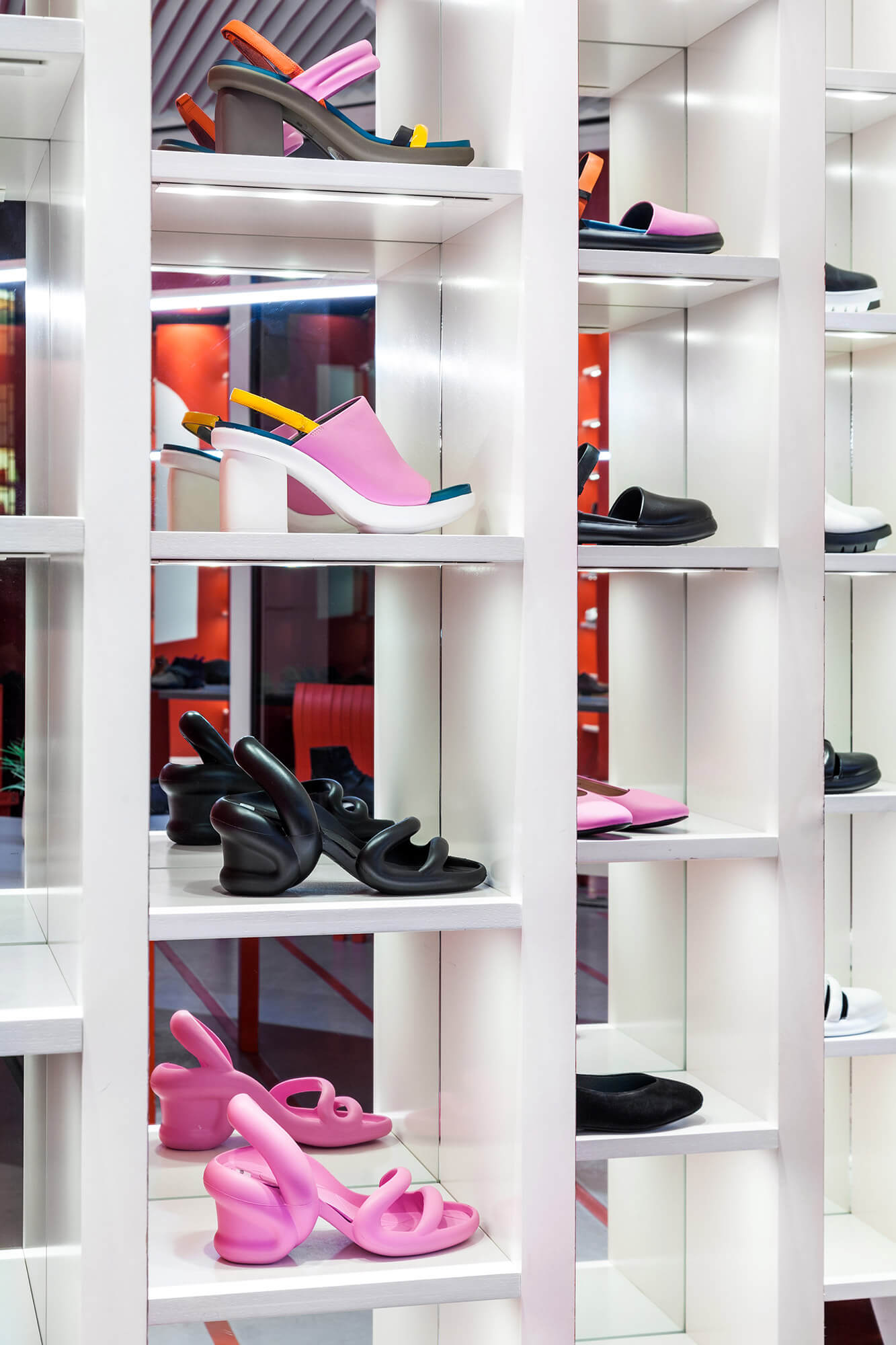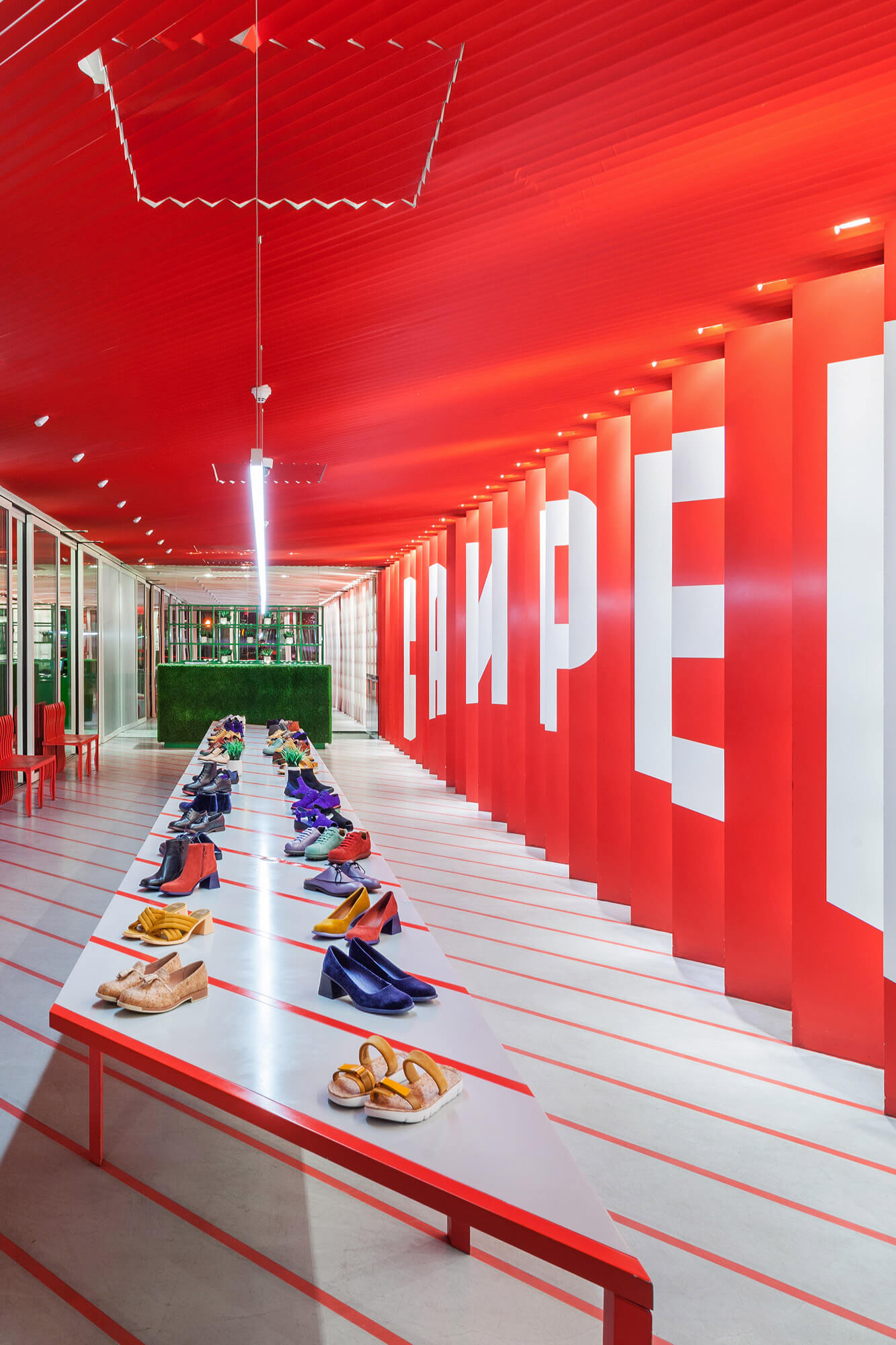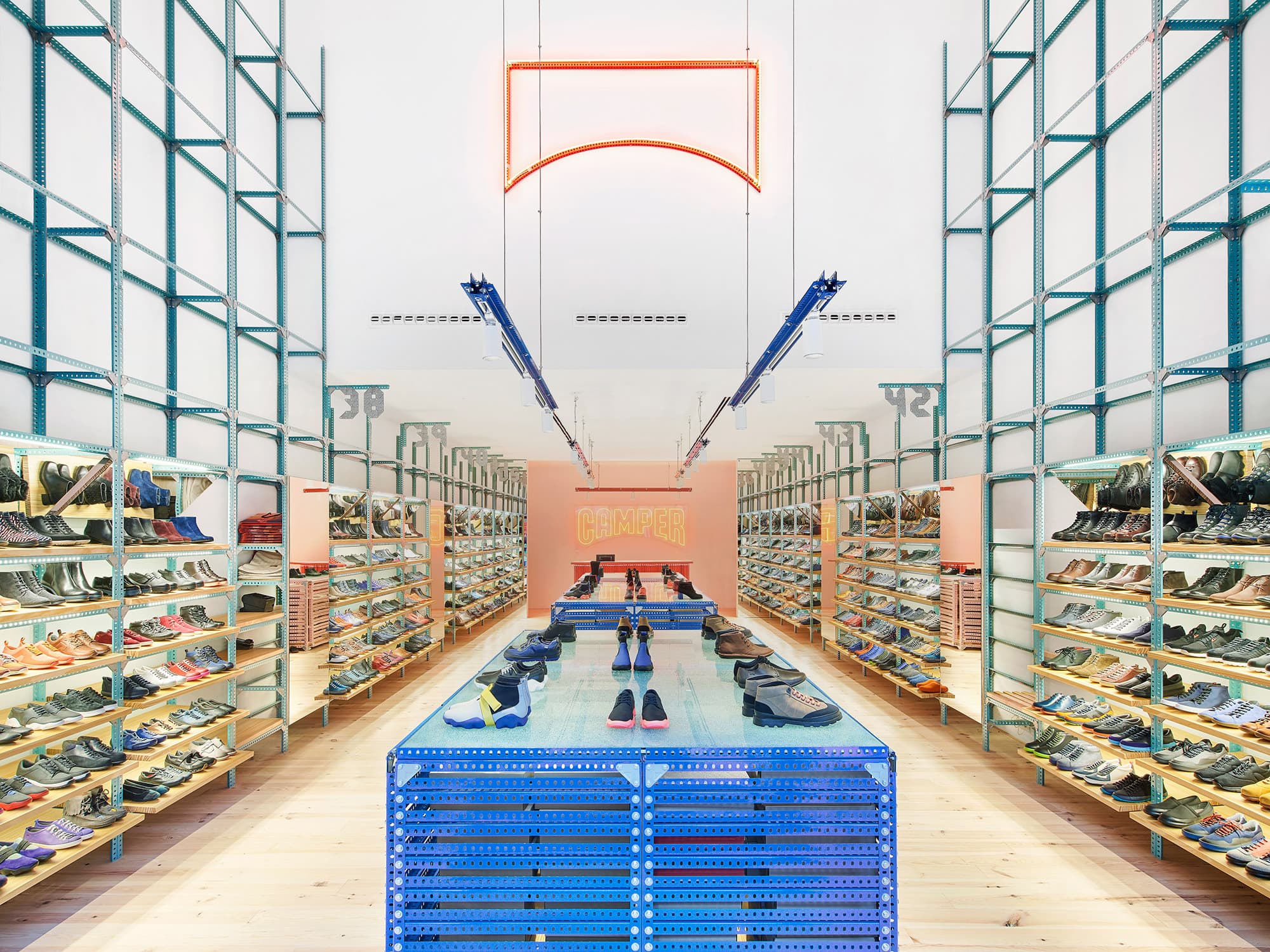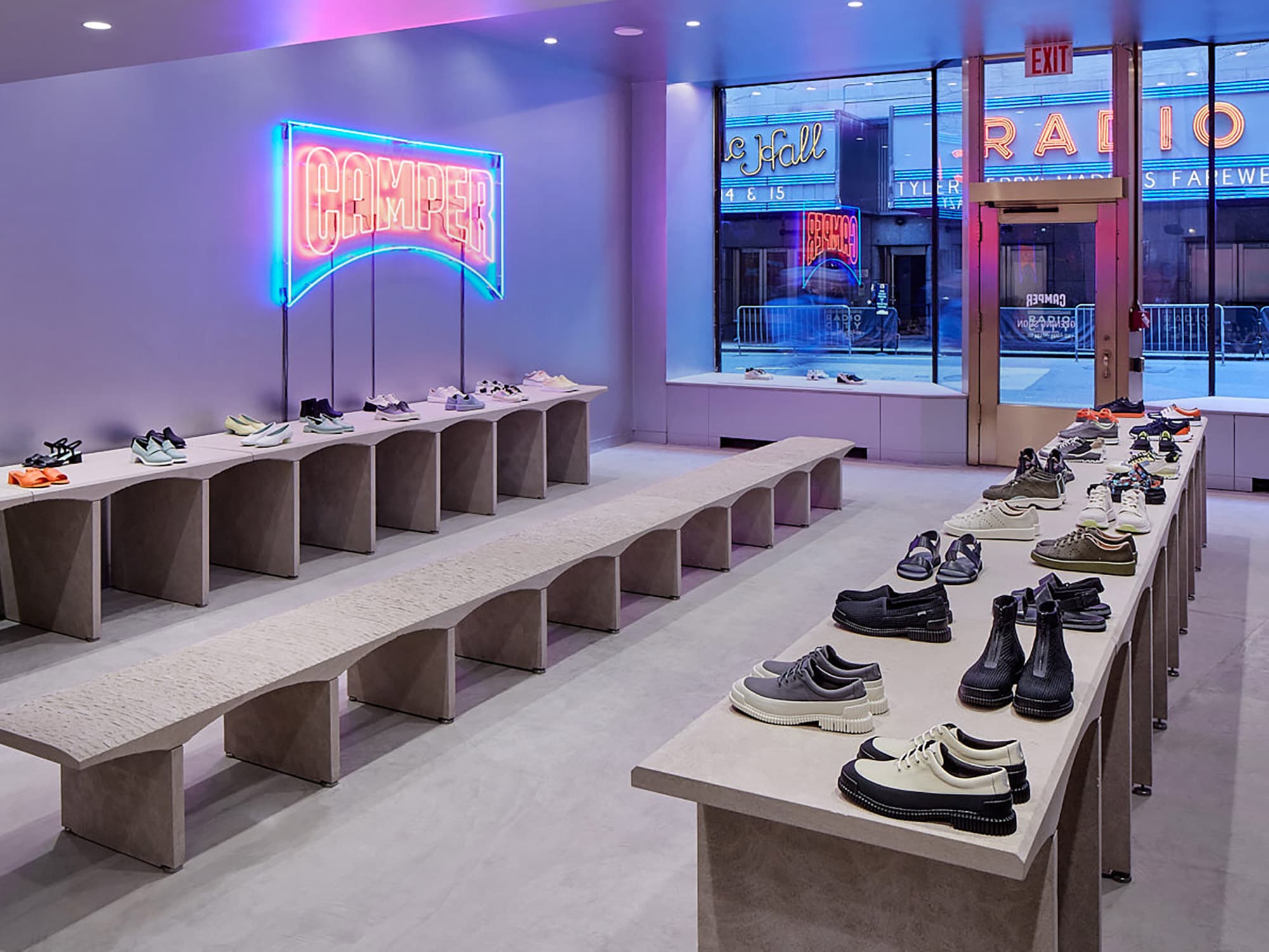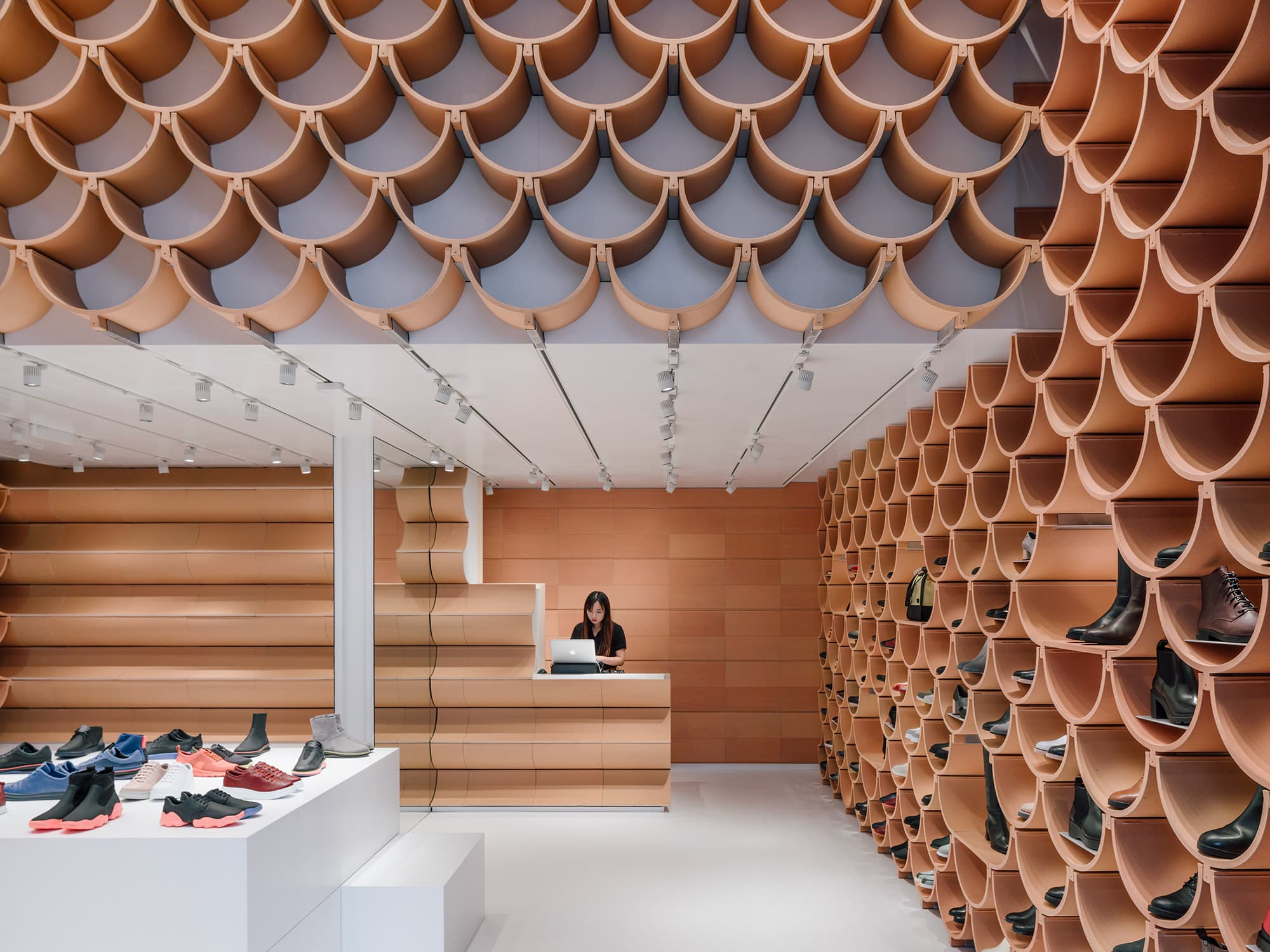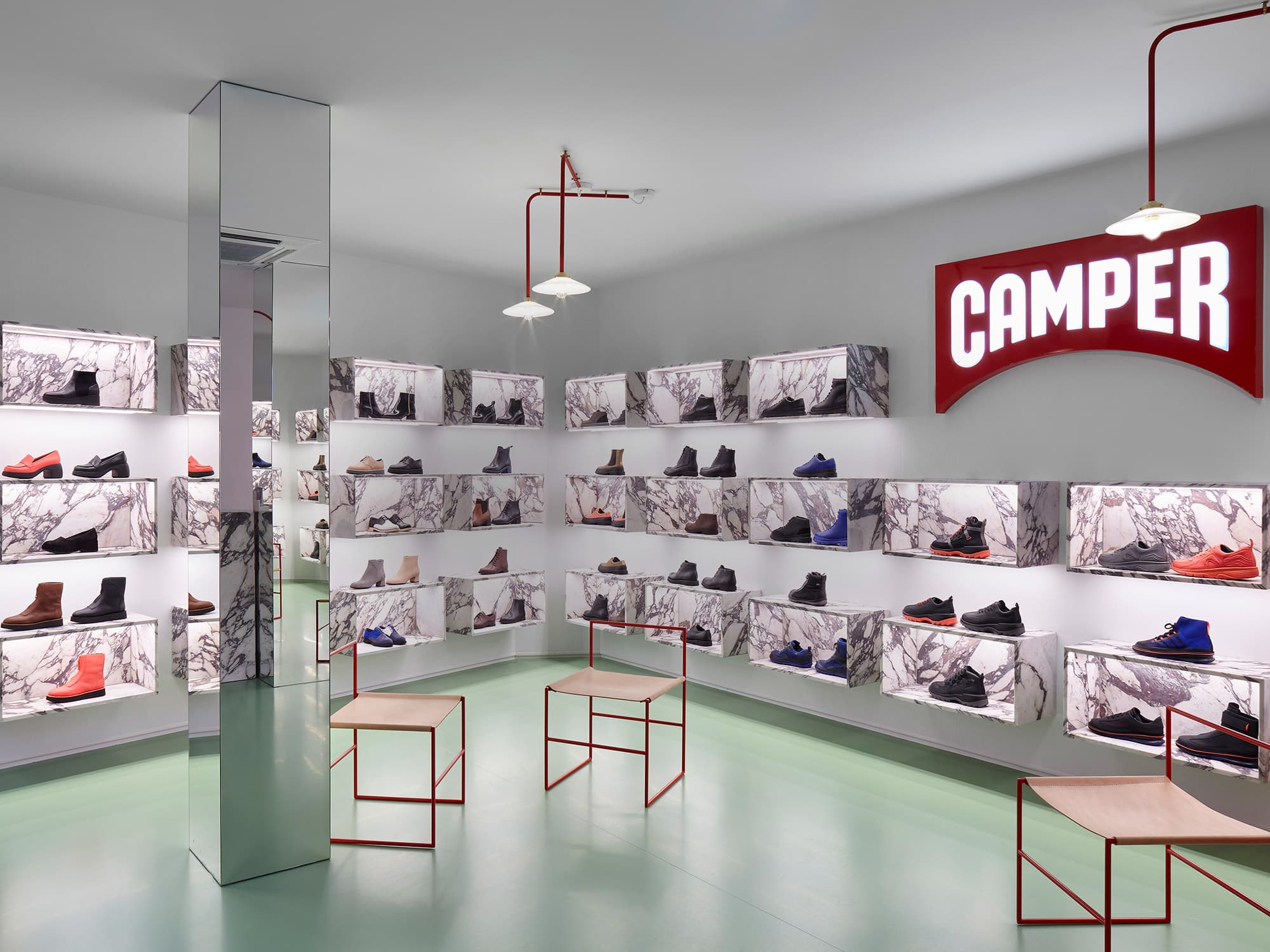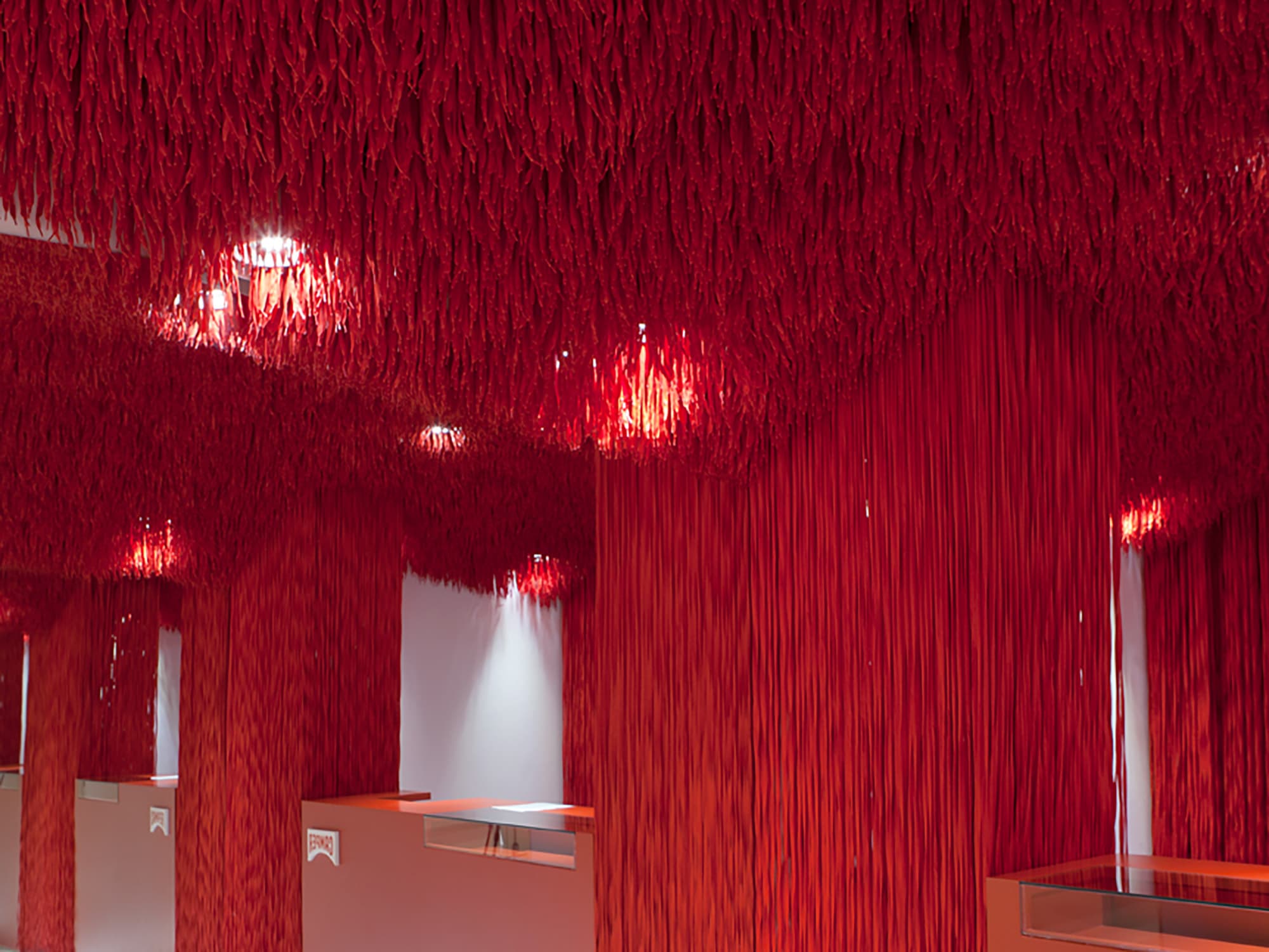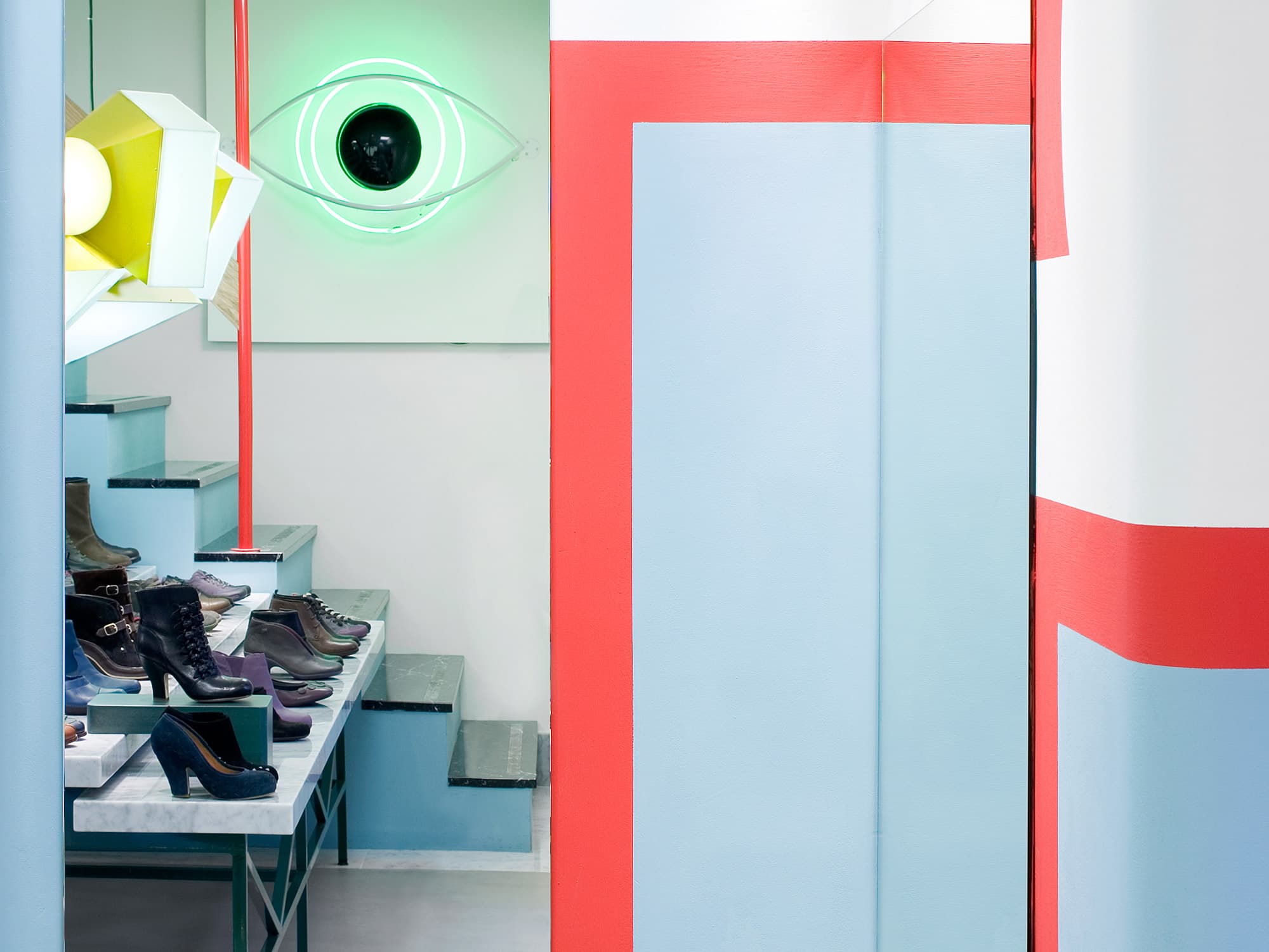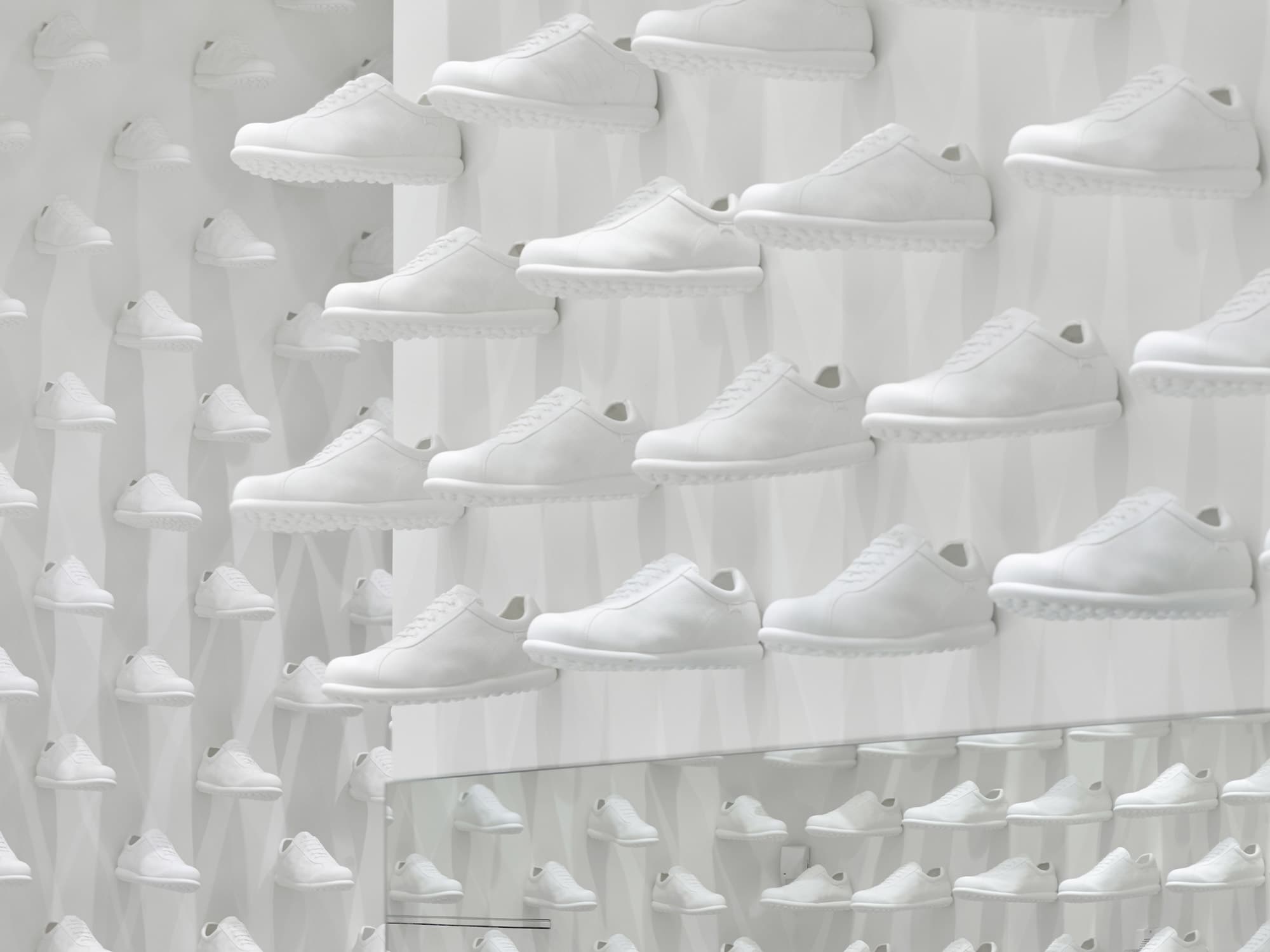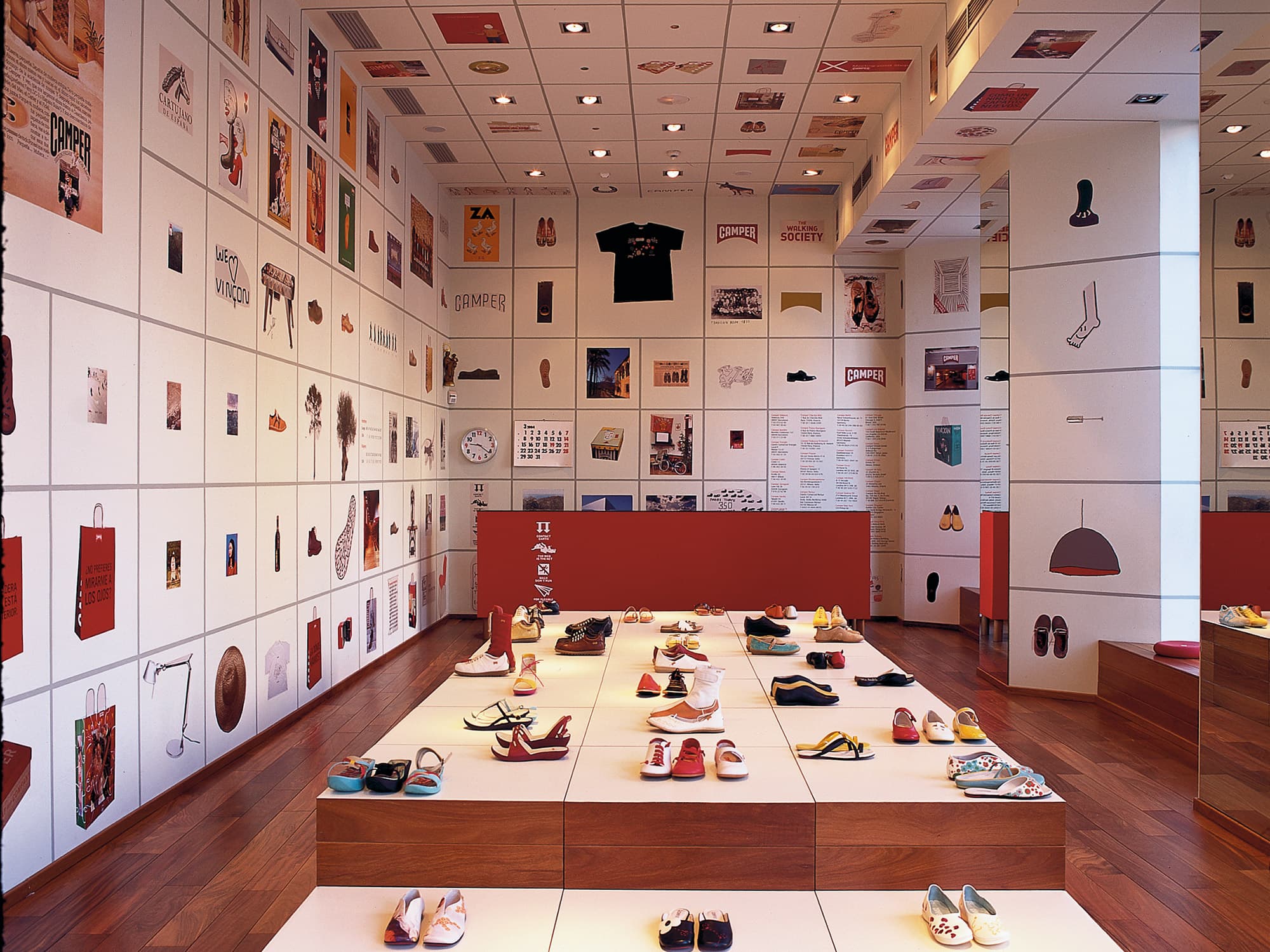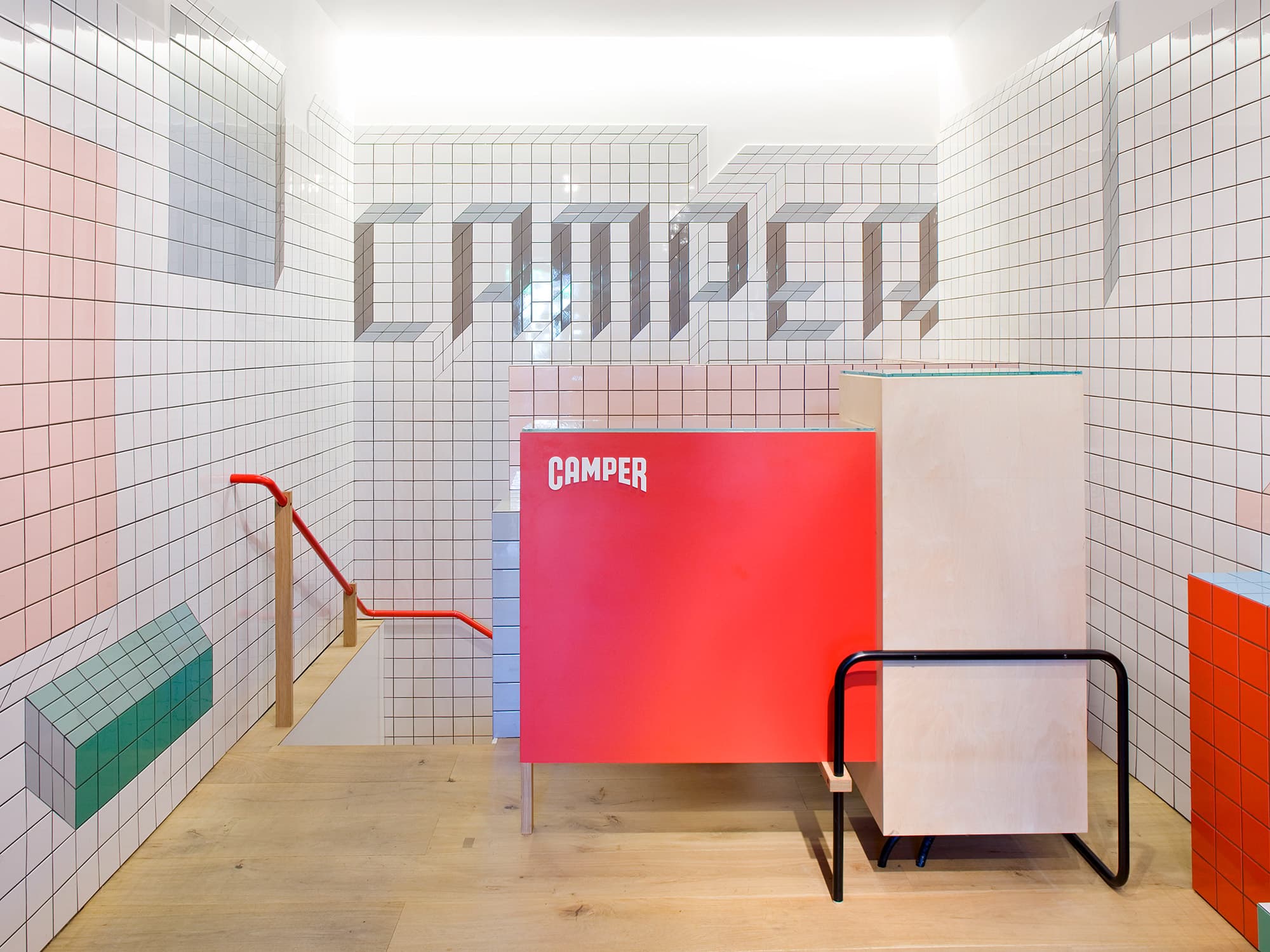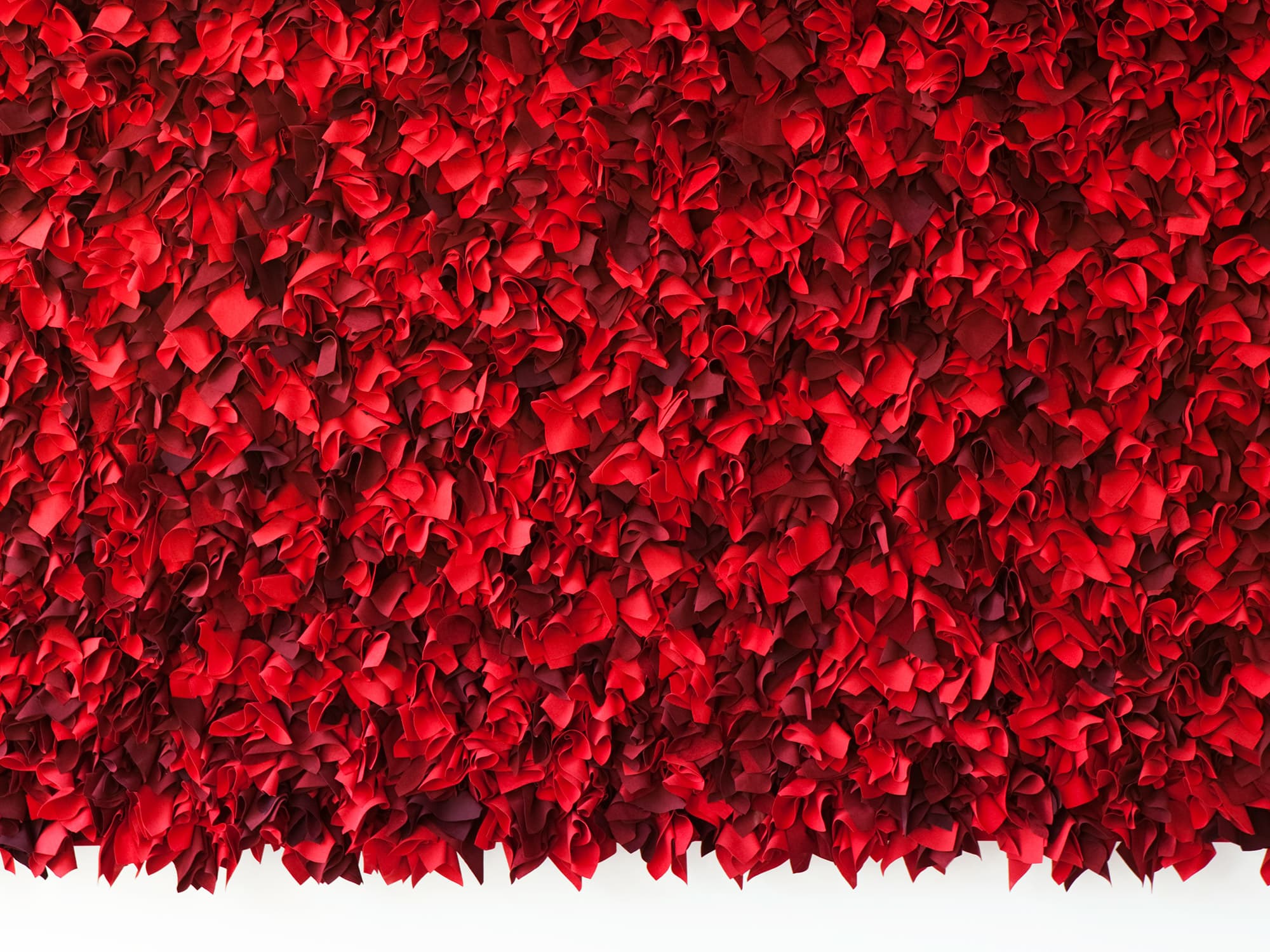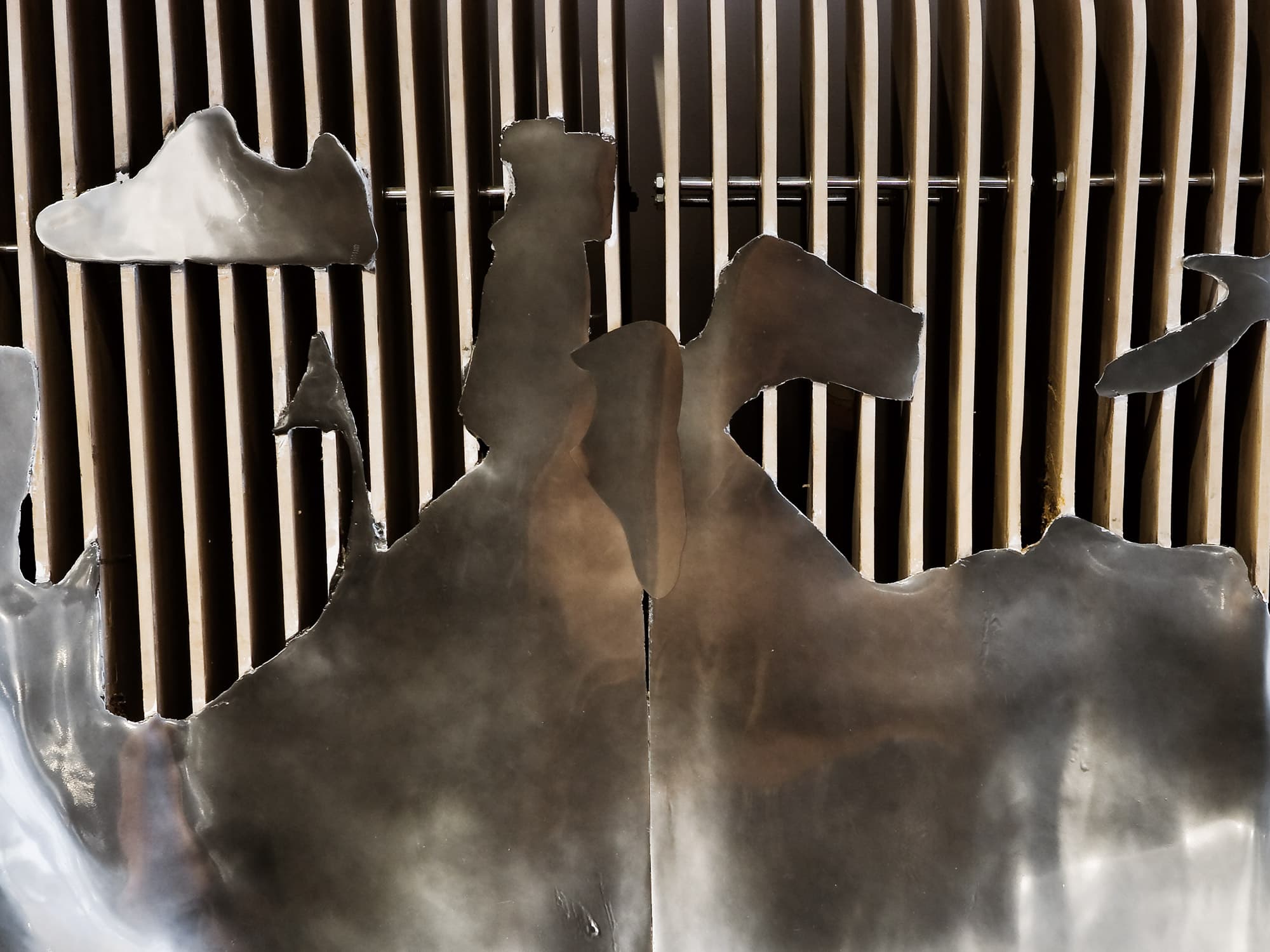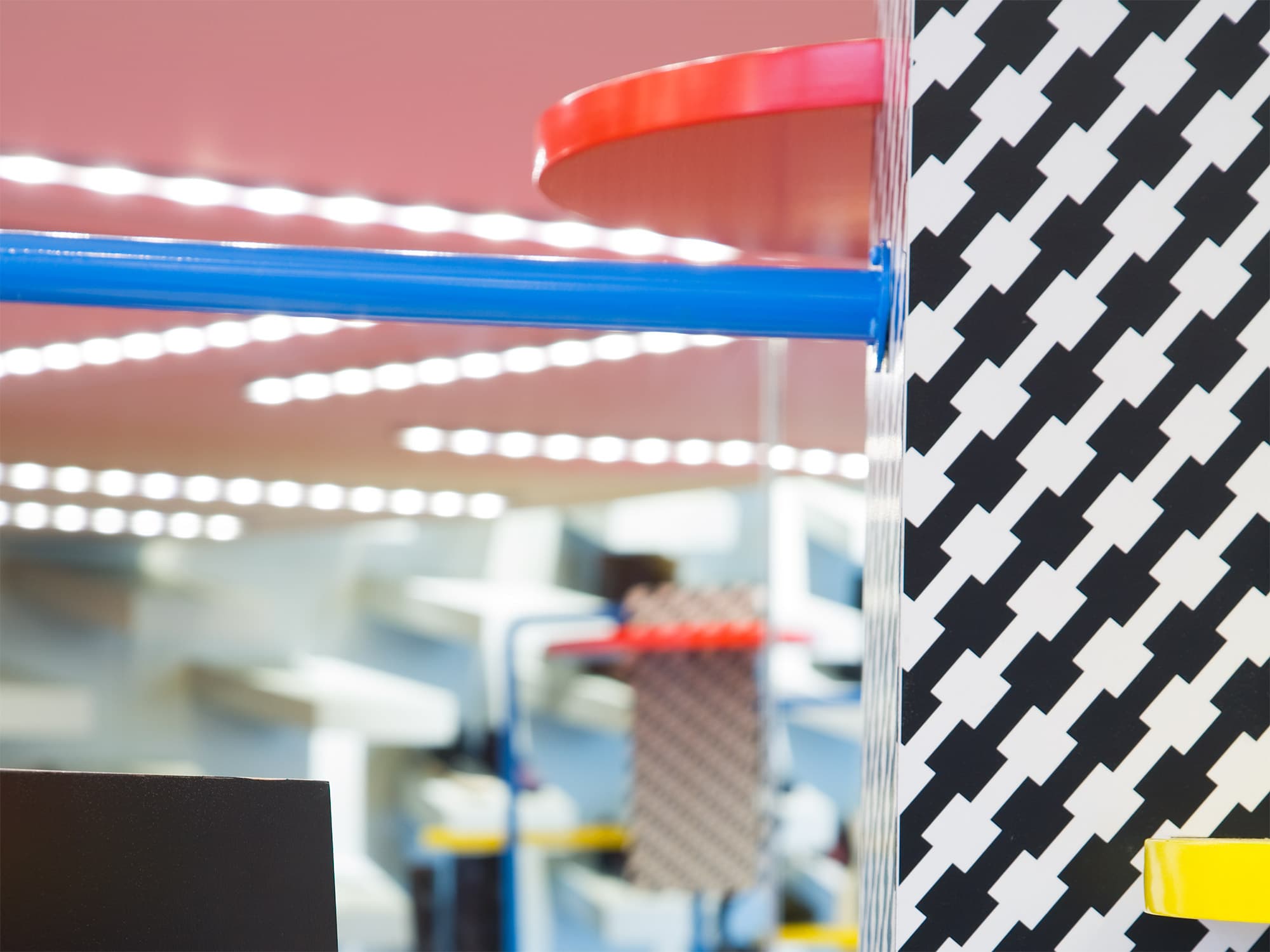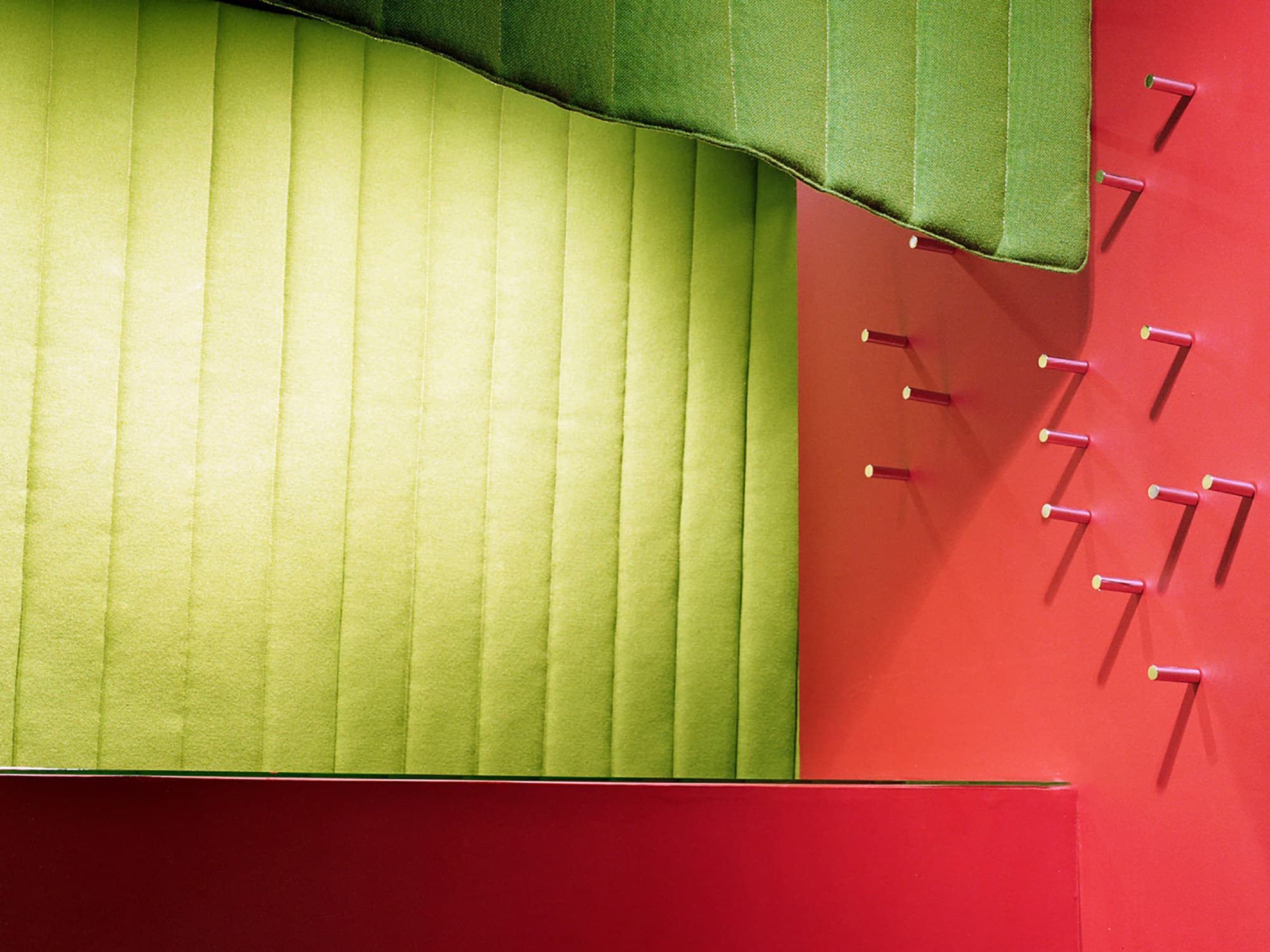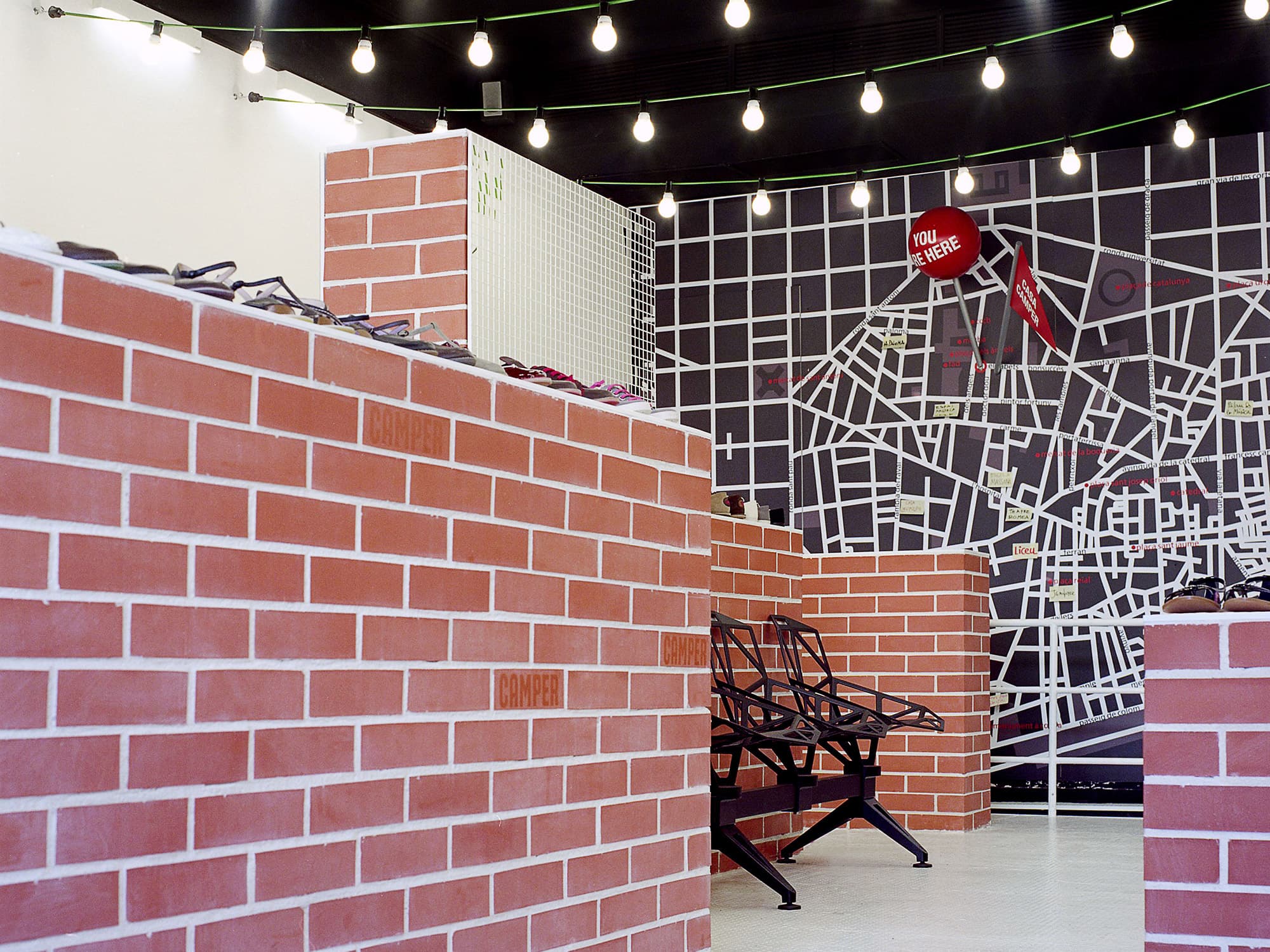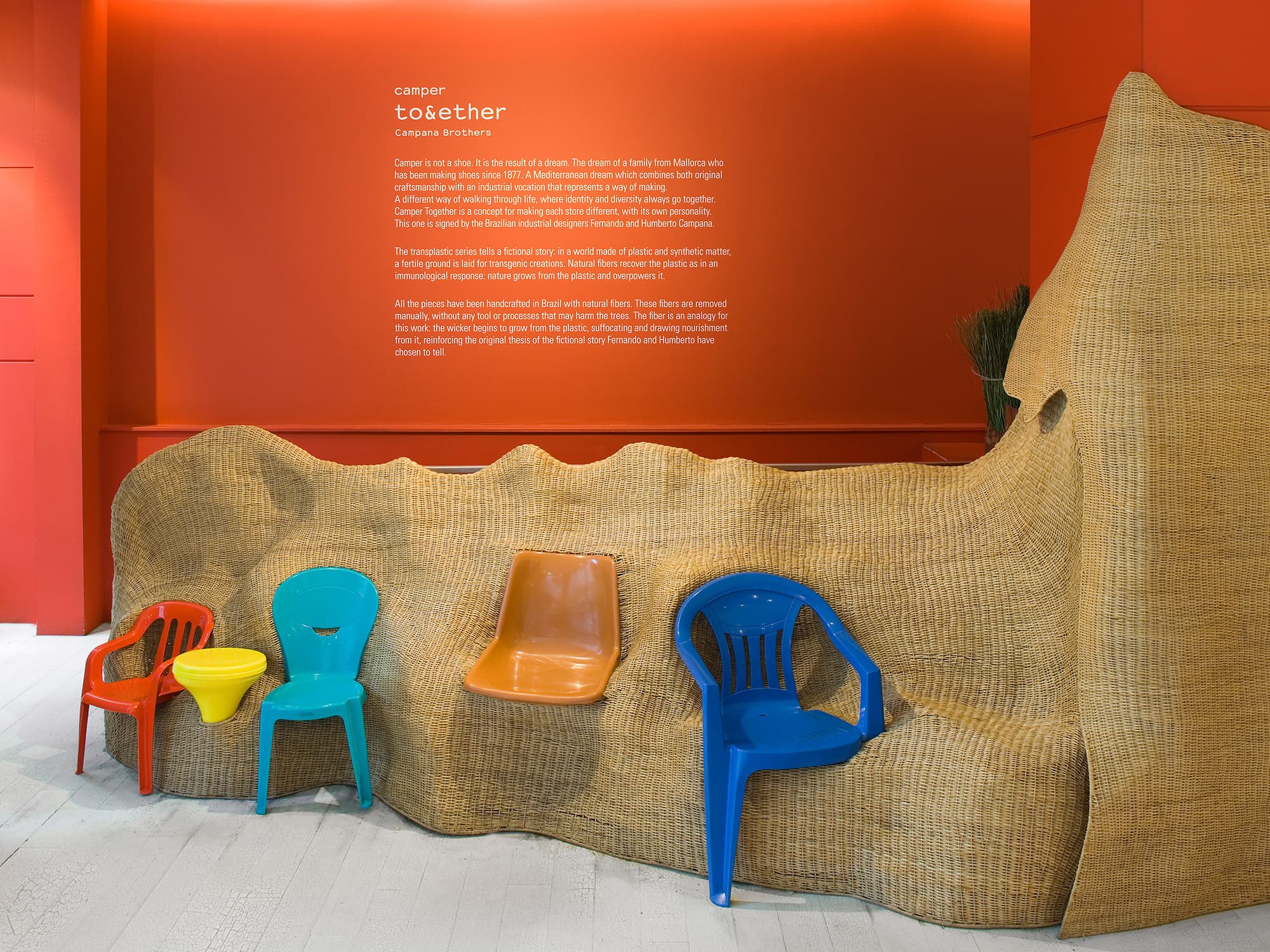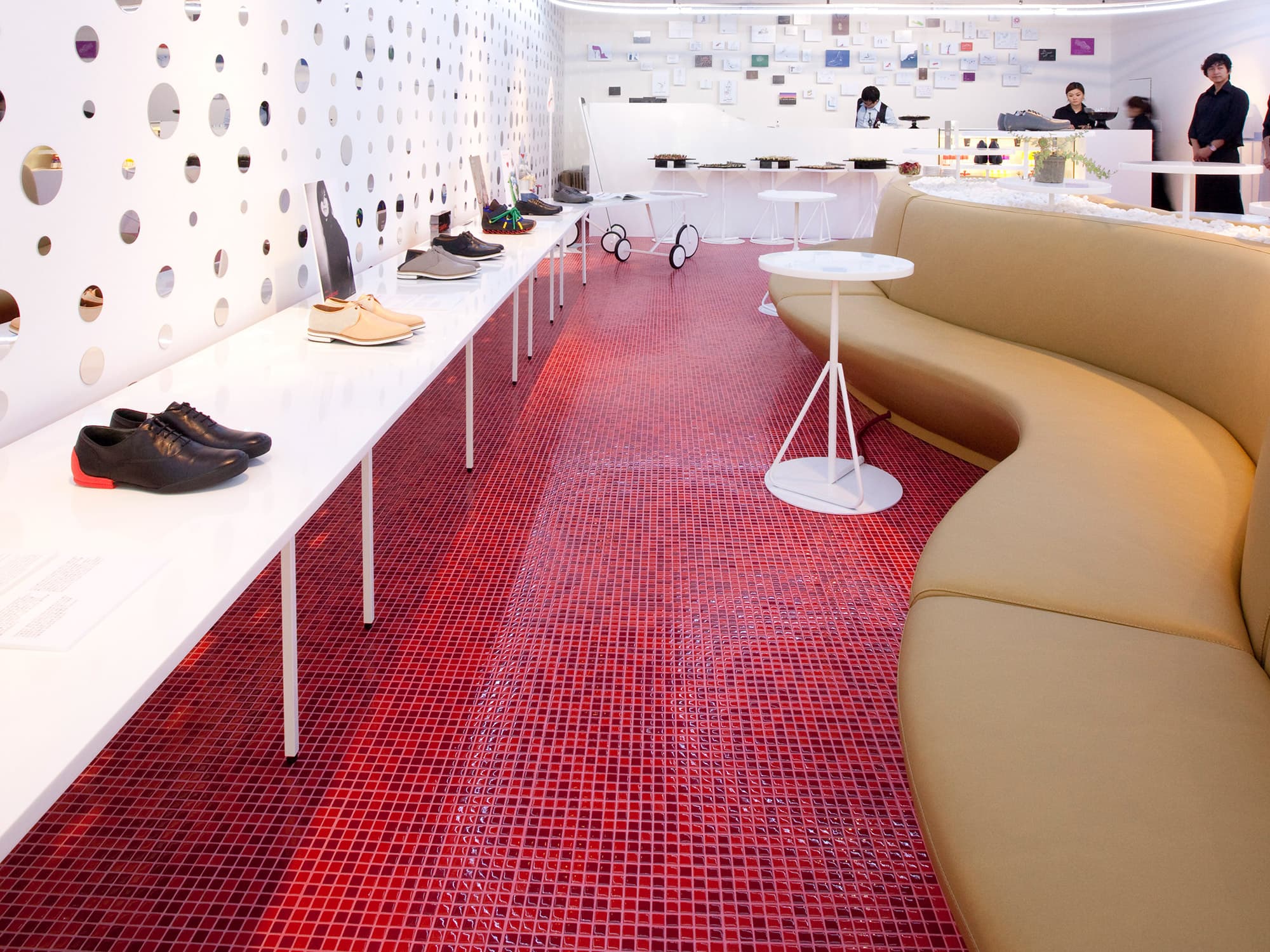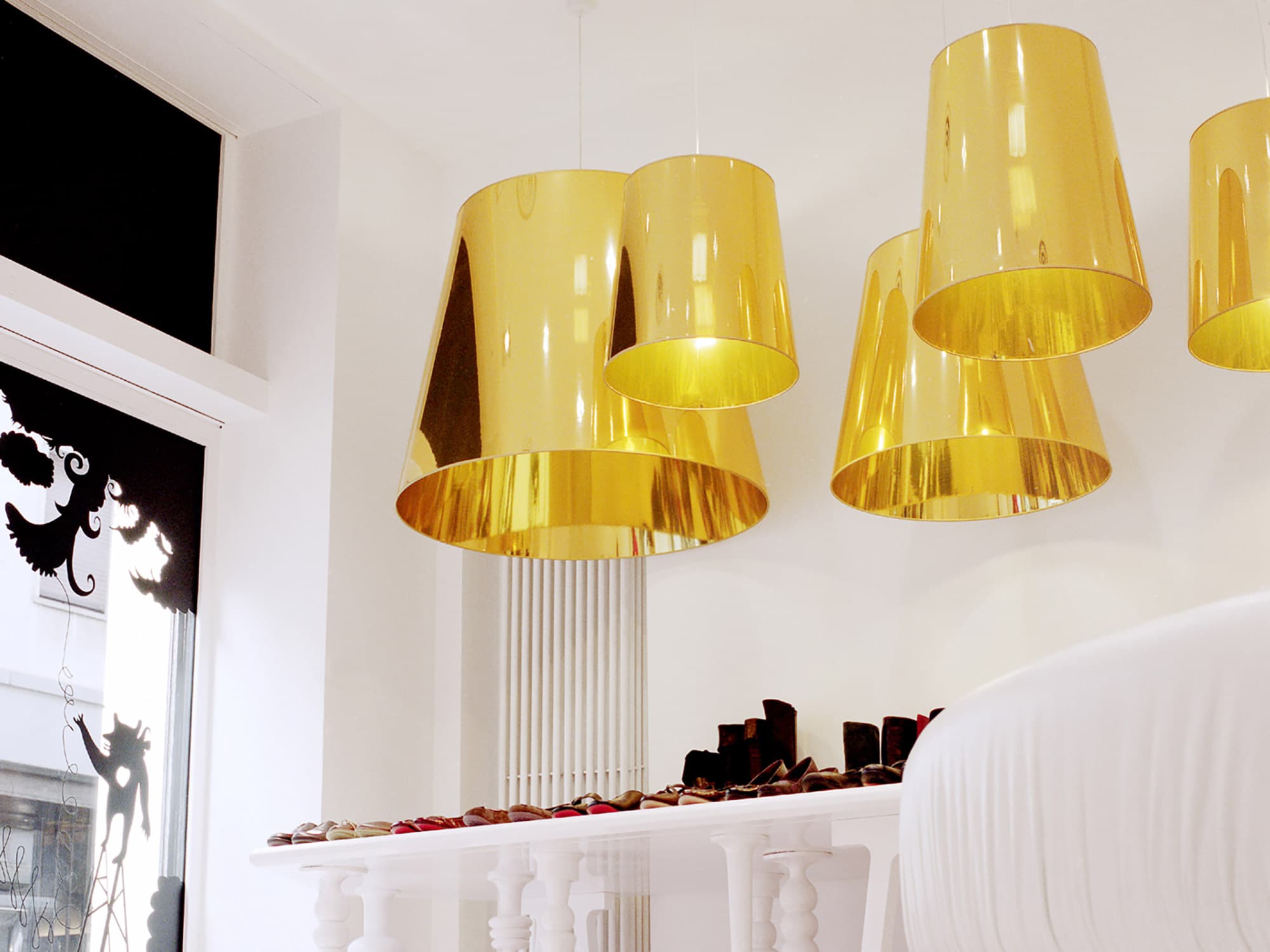Camper Together
A Model of Collaboration
Shigeru Ban
Tokyo, 1957
When Camper and Shigeru Ban collaborate, the results make it obvious that the architect and the brand are on the same wavelength. This Japanese designer uses materials in surprising ways, giving them new meaning and developing his own constructive system to create spaces of stunning simplicity. Artifice is nowhere to be found. The surfaces seem endless, extending outside the shop to connect with the street. Boundaries and walls mean nothing to this artist.
About Shigeru Ban
"One of the key innovators for the 21st century" (Time Magazine). After studying architecture at the University of Southern California and the Cooper Union School of Architecture in New York, Shigeru Ban completed his training at the firm of Arata Isozaki. This eco-architect is known as a pioneer in the use of recyclable materials and an innovator in the field of ephemeral architecture, noted for the structural and spatial simplicity of his designs and admired for his humanitarian engagement. He is the author of such iconic works as the paper homes and church in Kobe, the Japan Pavilion at Expo 2000 in Hannover, the Centre Pompidou-Metz and the Cardboard Cathedral completed in 2013 in Christchurch, New Zealand. His brilliant career is studded with achievements and distinctions: Honorary Fellow of the Royal Architectural Institute of Canada and the Royal Institute of British Architects, Honorary Doctorate from the Technical University of Munich, Doctor of Humane Letters from Amherst College, founder of the Voluntary Architects' Network NGO, consultant of the UN High Commissioner for Refugees (UNHCR) , Pritzker Prize jury member, visiting professor at Cornell and Harvard, etc. His work has been honoured with numerous awards and acknowledgments, including l'Ordre des Arts et des Lettres, the Auguste Perret Prize in France and the 2013 Aga Khan Architecture Award for his post-tsunami housing project in Sri Lanka.

